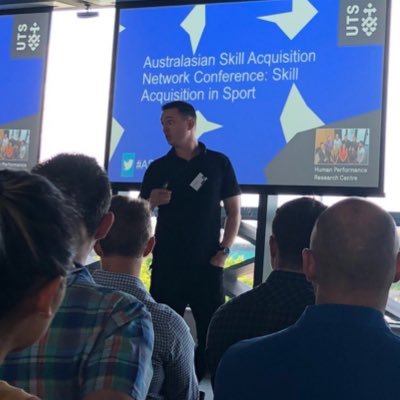
Job Fransen
@JobFran
Followers
1K
Following
2K
Media
154
Statuses
2K
Skill acquisition specialist. University Medical Centre Groningen.
Groningen, The Netherlands
Joined September 2011
RT @AaronJCoutts: NEW POSITION | Associate Professor in Clinical Exercise Physiology. Come join our team as an Assoc Prof & Course Director….
0
29
0
RT @gjpepping: Come and join a great Exercise Science team at the School of Behavioural and Health Sciences, ACU Brisbane! 👉 Check out thi….
0
16
0
Lately, under the influence of @francoimpell I have made a huge shift in the supervision of projects of new PhD students, here is what has changed. This may be relevant for those new to, or unfamiliar with, research student supervision. 1/9.
2
4
68
